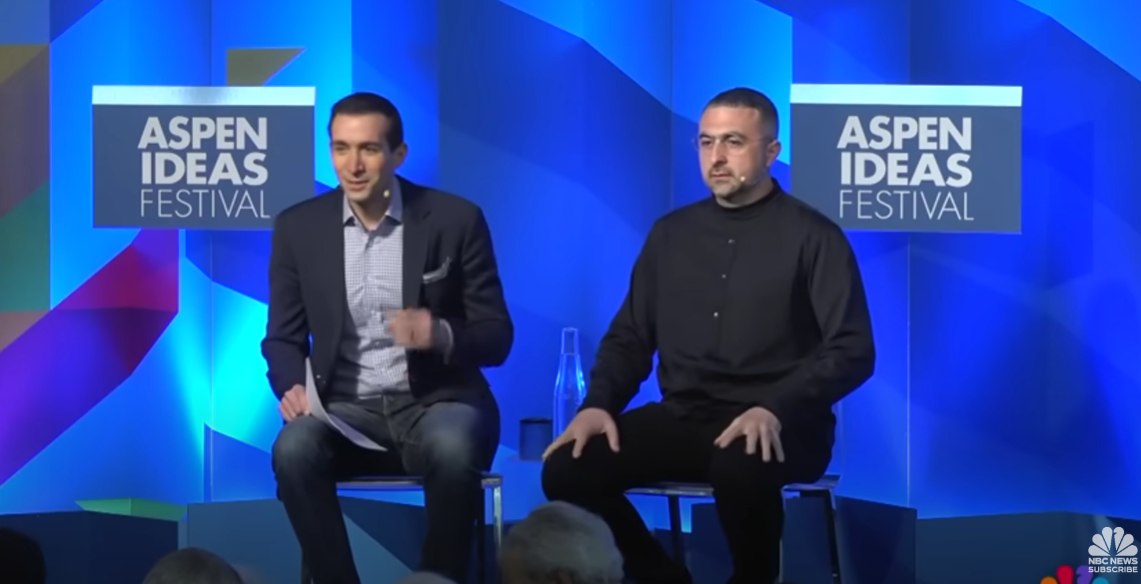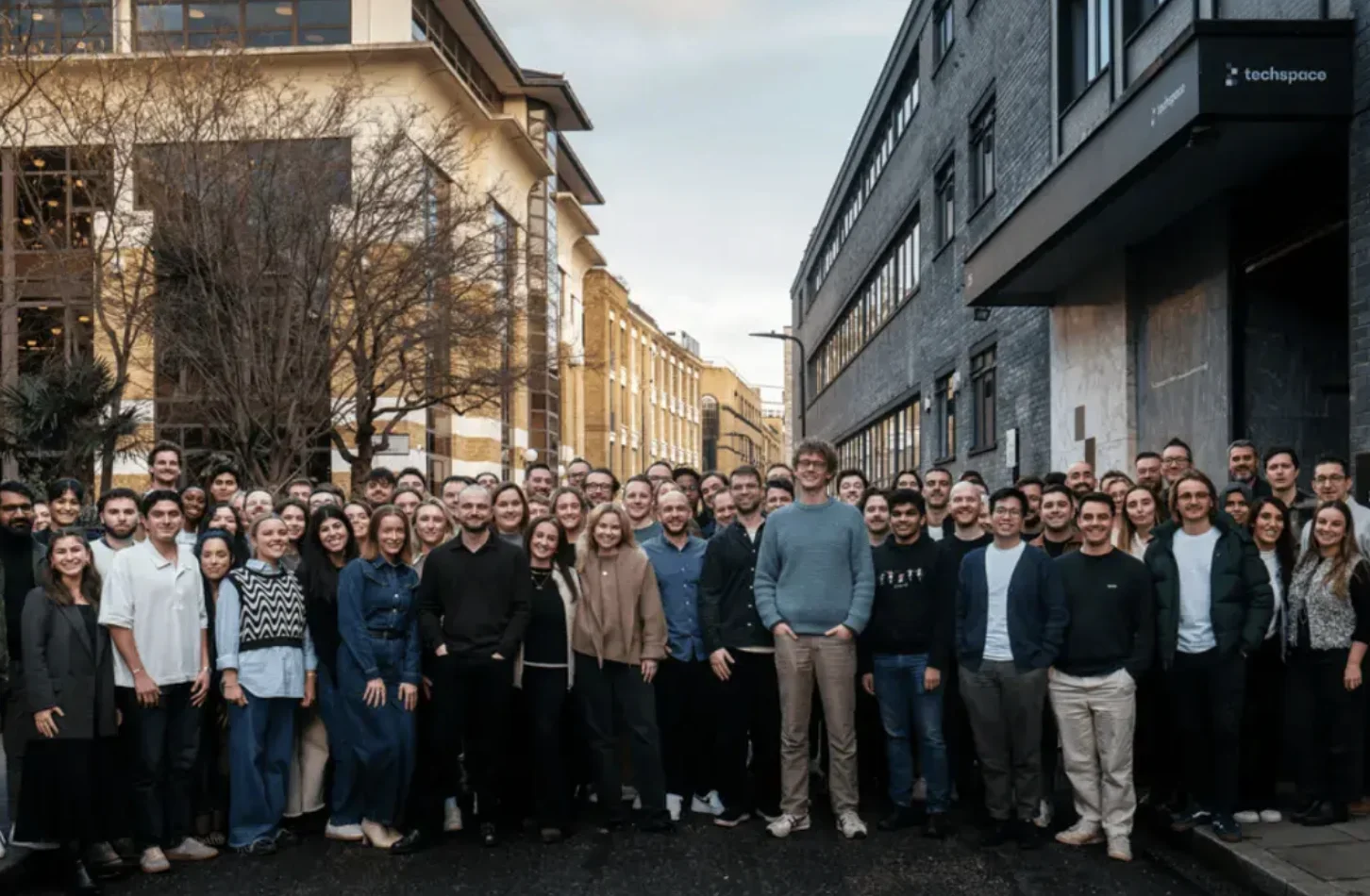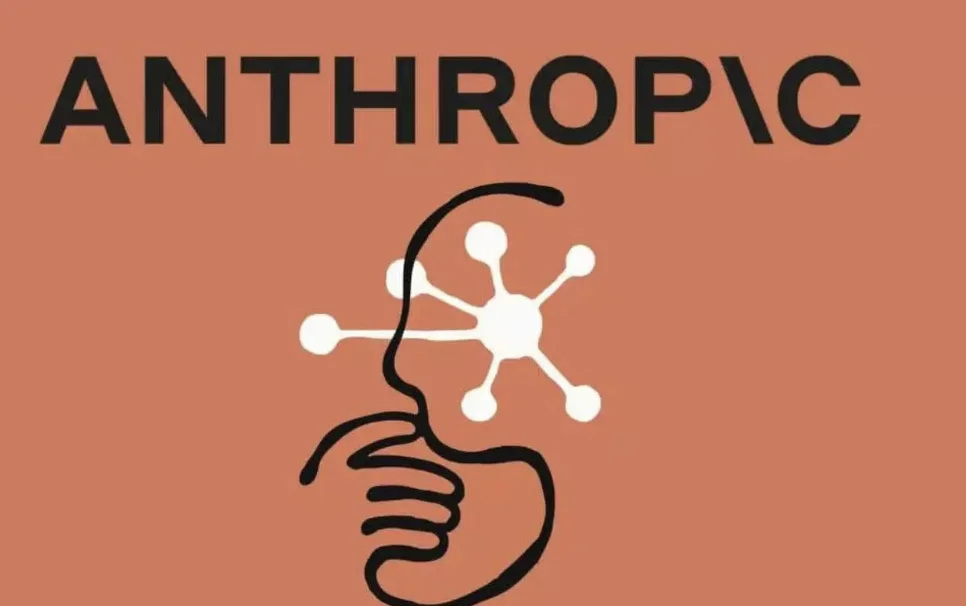What inning are we in when it comes to AI development?
Mustafa Suleyman, CEO of Microsoft AI, began by trying to answer it in an interview at the Aspen Ideas Festival: “As humans, we are riddled with biases of all kinds. So we look back and it feels incremental, but in the moment, it really is far more exponential than people realize.”
Suleyman then reflected on the rapid advancements.
“Two years ago, nobody was talking about agents, you know, AI systems that can take actions, and yet today, everybody is excited that over the next couple of years, agents are going to be everywhere, doing things on our behalf,” he said.
Speaking about the transformational impact of AI, Suleyman said: “If you just think about it, it is now possible to ask any one of these chatbots any question that you could possibly imagine and get an answer that is pretty much as good as any one of us could give.” This capability, he explained, is a culmination of years of development and testing, creating what he described as “quite a magical experience.”
Suleyman stressed the necessity of global governance mechanisms to manage AI’s progression responsibly.
“It is an unprecedented technology, and as a species, we’re going to have to figure out a new kind of global governance mechanisms so that technology continues to always serve us and make us healthier and happier or make us more efficient and add value in the world,” he said. He also warned of the potential risks, saying: “There is a risk that the technologies that we develop this century do end up causing more harm than good.”
When discussing the future, Suleyman downplayed the immediate focus on artificial general intelligence (AGI), which can perform any intellectual task that a human can.
“I just think neither of those things are true; it is an unprecedented technology,” he remarked. Instead, he suggested focusing on creating beneficial applications and managing potential risks.
Suleyman also tackled the contentious issue of AI regulation. He expressed a pragmatic view, saying: “I don’t fear regulation in the way that sort of everyone seems to by default think that regulation is evil here. I think there is no technology in history that hasn’t been successfully regulated.”
Drawing parallels to the automobile industry, he noted how regulation has consistently improved safety and functionality over time.
He addressed the dynamics of power concentration in the tech industry, acknowledging the concern. “Power has a tendency to attract more power because it can generate the intellectual resources and the financial resources to be successful and out-compete in open markets,” Suleyman said. He acknowledged the competitive landscape among tech giants but emphasized the importance of cooperation and ethical considerations in AI development.
Suleyman expressed a vision of AI as a tool for enhancing human capabilities rather than replacing them. He encouraged an open-minded approach.
“I think the generalist who can speak multiple social languages, who can adapt very quickly — that agility is going to be one of the most valuable skills,” said Suleyman. His ideas and opinion underscored the importance of thoughtful AI development and governance to ensure these technologies benefit humanity.
Featured image: Credit: NBC






